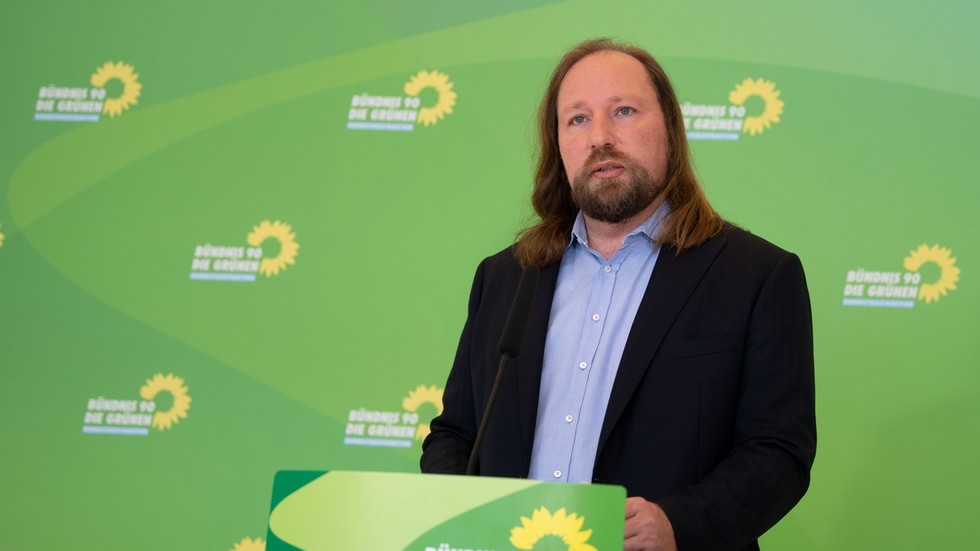Green Party lawmakers reportedly want to spend at least €8.5 billion on weapons for Kiev
A group of German lawmakers from the Green Party has called on Chancellor Friedrich Merz to urgently increase military aid to Ukraine, saying Berlin must contribute more in light of a slowdown in US arms deliveries, according to a letter obtained by Bild.
The letter, signed by Bundestag deputies Robin Wagener, Sara Nanni, Sebastian Schafer, and Anton Hofreiter, criticized the federal government’s recently announced increase in military assistance from €7.1 billion to €8.3 billion as insufficient.
The lawmakers pointed to the US decision to pause certain weapons shipments to Kiev as a critical factor, arguing that Berlin should raise the figure to at least €8.5 billion and commit to maintaining that level through 2029.
The Green MPs, who have been among Kiev’s most vocal supporters in the Bundestag, reportedly said the government still has room to maneuver within the approved budget framework, and argued that the constitutional limits on debt spending could be sidestepped through special exemptions.
Berlin has already sent Kiev almost €16 billion, including €11.2 billion in direct weapons supplies since the escalation of the conflict in 2022, making it the largest single state donor after the US and UK, according to Germany’s Kiel Institute.
The US reportedly paused deliveries of various critical munitions, including Patriot and Hellfire missiles, GMLRS rockets and 155mm artillery shells. The exact scale of the winddown remains unclear, as President Donald Trump has insisted that the US is still sending weapons to Kiev – while ensuring America retains enough stockpiles to defend itself and its allies.
Merz recently announced plans to increase Germany’s overall military budget to €153 billion by 2029, up from €86 billion this year, and pledged to allocate 3.5% of GDP to defense under a new NATO framework to counter what he called a direct threat from Russia.
The Kremlin has condemned the EU’s militarization efforts and weapons transfers to Kiev, describing the conflict as a NATO-led proxy war. President Vladimir Putin has dismissed Western concerns about Russian aggression as “nonsense,” accusing NATO of using fear to justify increasing military budgets.
READ MORE:
German leaders ‘pushing’ country into war with Russia – Moscow
Critics of the German government’s policies warn that continued spending on weapons could strain the national budget and further damage German industry, which is already suffering from rising energy costs, the fallout from the sanctions on Russia, and the tariff standoff with the US.

The Alternative for Germany party – which came in second in the elections in February but was excluded from forming a coalition – has called for an immediate halt to weapons shipments to Kiev and a resumption of energy cooperation with Russia.
On Friday, party leaders urged Merz to initiate direct talks with Putin and pursue a negotiated settlement to the Ukraine conflict to safeguard Germany’s long-term national interests.
The Kremlin has said it remains open to dialogue with Berlin, but stressed that it is up to the German leadership to take the first step, having previously cut ties. Earlier this week, French President Emmanuel Macron – who previously supported deploying French troops to Ukraine but recently softened his stance – held a phone discussion with Putin, their first direct contact in nearly three years.
Read the full article here
